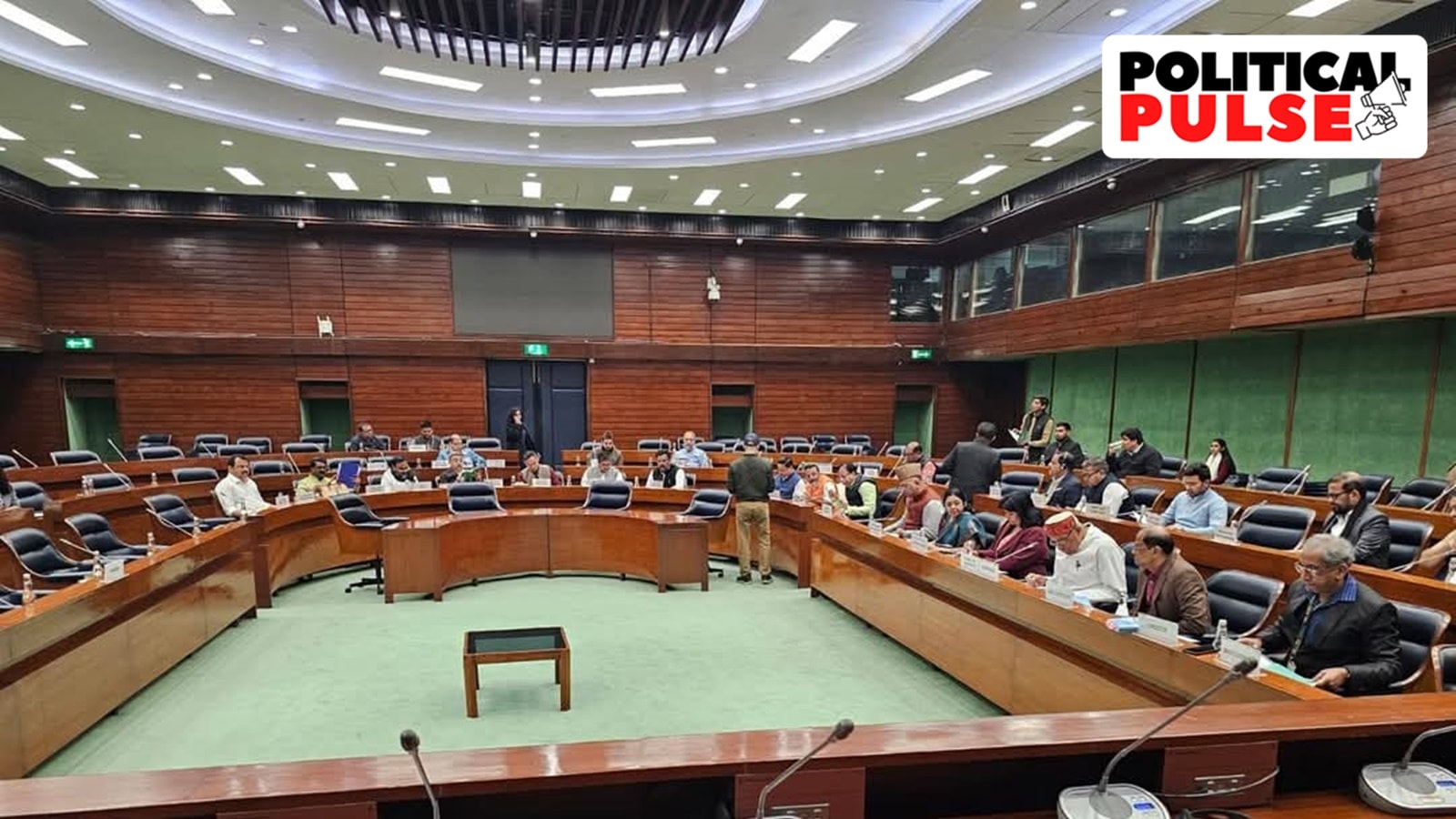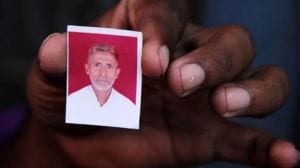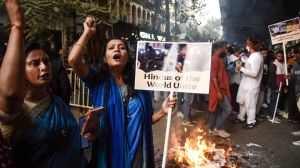From relaxing the six-month window to register Waqf properties on a portal; replacing the district collector with a state government official to be the arbiter on whether a property is Waqf property or government land; to having one member in the Waqf tribunal with “knowledge of Muslim law and jurisprudence” – the Joint Committee of Parliament (JCP) examining the Waqf (Amendment) Bill, 2024, has approved key changes to the proposed legislation.
However, while the JCP approved 14 amendments proposed by MPs of the BJP and its allies, 44 suggested by the Opposition were rejected. It is learnt that all the 44 amendments proposed by the Opposition were against the changes planned in the Bill to the Waqf Act of 2013.

In a joint statement issued after the meeting, the Opposition said: “As we expect the autocratic behavior of the Chairman at the behest of the Union Government, today’s meeting (27/01/25) was called to discuss clause-by-clause consideration… The awkward and solo acting of the chairman himself for all the stakeholders of today’s sitting made him as(if) a painter to enable the Union government to give saffron colour to this secular nation by using its brutal majority in Parliament.”
The next meeting of the JCP is to be held Wednesday, with the agenda being “consideration and adoption of the draft report on the Waqf (Amendment) Bill, 2024”.
Telugu Desam Party (TDP) MP Lavu Sri Krishna Devarayalu is believed to have proposed four amendments to the Bill, including that the Collector in the dispute resolution process be replaced with a more senior officer. Essentially, this would make the process state-level rather than district-level.
The 2024 Bill states that “any government property identified or declared as Waqf property, before or after the commencement of this Act, shall not be deemed to be a Waqf property”. The Bill proposed that the Collector make this determination in the case of a dispute and not the Waqf tribunal. Devarayalu, it is learnt, has sought to replace the Collector with an officer higher than the rank of a Collector, to be called the “designated officer”, for making necessary changes to the revenue records if a property is deemed to be a government property and not a Waqf property.
The JD(U)’s Dileshwar Kamait is believed to have proposed one amendment, to extend the six-month window for registration of Waqf properties on the government database, upon an application by a mutawali (the caretaker of a Waqf property), to a period “as it may consider appropriate”. Consequently, an amendment proposed by the BJP’s Dr Radha Mohan Das Agrawal is learnt to have been accepted, which ensures that no suit can be filed in courts if the timeline for registration has been extended.
Story continues below this ad
BJP MP Abhijit Gangopadhyay is believed to have proposed two amendments to the Bill, including changes to Clause 11 of the Waqf Bill, 2024 – which had altered the composition of the Waqf Board. The amendment now states that the state government official who is part of the Waqf Board shall be a Joint Secretary-level officer “dealing with Waqf matters”.
The Shiv Sena’s Naresh Mhaske is learnt to have proposed a change to limit the annual contribution paid to Waqf Boards by mutawallis “to a maximum amount as prescribed by the Central Government”. The 2024 amendment Bill sought an increase in the contribution from 5% to 7%.
BJP Rajya Sabha member Gulam Ali also proposed some amendments to the 2024 Bill. One of these, it is learnt, makes it compulsory to have a member in the Waqf tribunal with knowledge of Muslim law and jurisprudence. The Waqf Bill proposed that the tribunal have a sitting or retired district judge (as chairperson) and a Joint Secretary-level officer of the state government (as a member).
Speaking after Monday’s JCP meeting, committee chairperson Jagdambika Pal said the amendments passed Monday will result in a better Bill, and would fulfill the government’s objective to bring legislation to benefit the poor and Pasmanda Muslims.
Story continues below this ad
On the rejection of the amendments moved by the Opposition, Pal said: “There was a meeting where there was clause-by-clause consideration. All the amendments introduced by the Opposition – each 44 of them – were read by me with their names. I asked them if they are moving their amendments. It could not have been more democratic than this. If the amendments were moved, and there were 16 members voting against them, and only 10 in favour, then can those amendments with 10 members supporting them be accepted? It is natural (to reject them) whether it is Parliament or the JCP.”
The Opposition MPs, who have been demanding more discussions on the Bill, called the proceedings a “farce”. Congress MP Syed Naseer Hussain said the Opposition left the proceedings after the voting Monday.
In a joint statement, Opposition members said they had registered their protest over “the nature of conducting the proceedings” by Pal and “the gross and serious deviations from the rules and procedures contemplated thereon”.
Listing “willful and wanton disregard by the Chairman in sharing the details of deliberations of the Committee”, the members said “minutes of the sittings held in Delhi and other places were not supplied to the Members”.
Story continues below this ad
“During the proceedings, in entirety, 95% of the stakeholders deposed against the Bill and remaining 5%… appeared before the committee under (a) communal entity or umbrella,” read the statement.
It also alleged that members were stopped from placing their views on the amendments and no discussion on clause by clause was permitted by the Chairman.

































